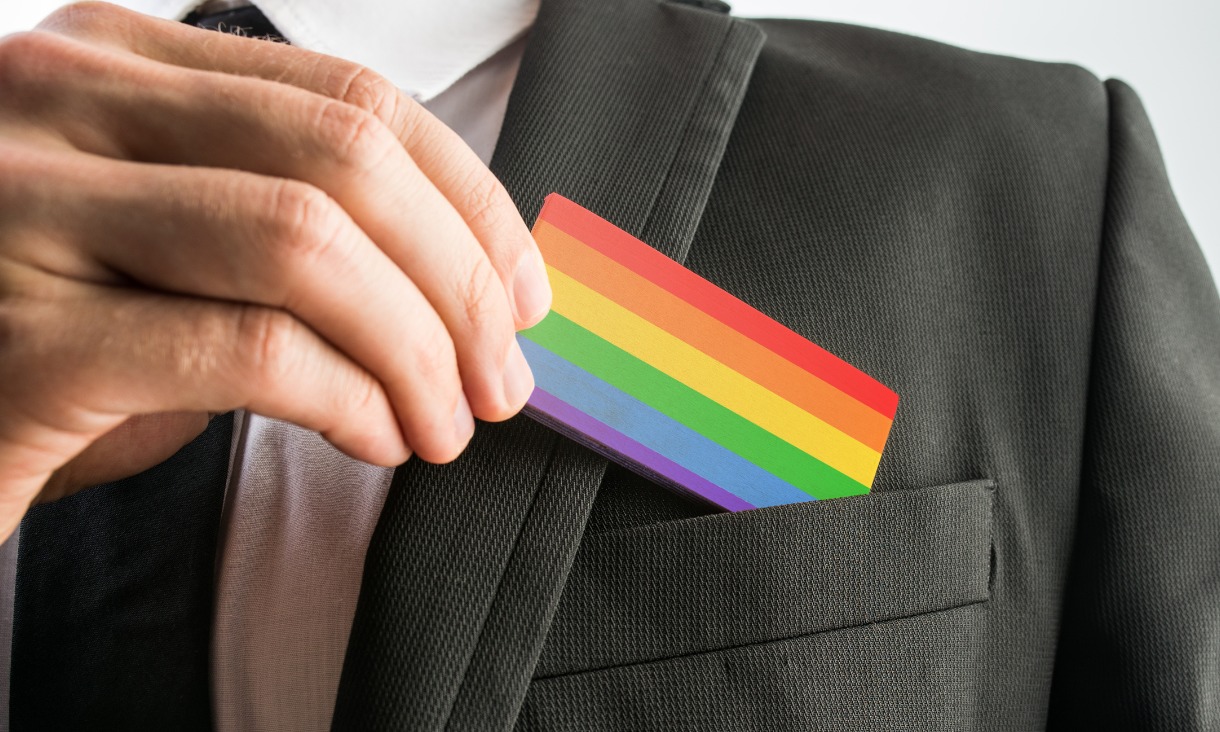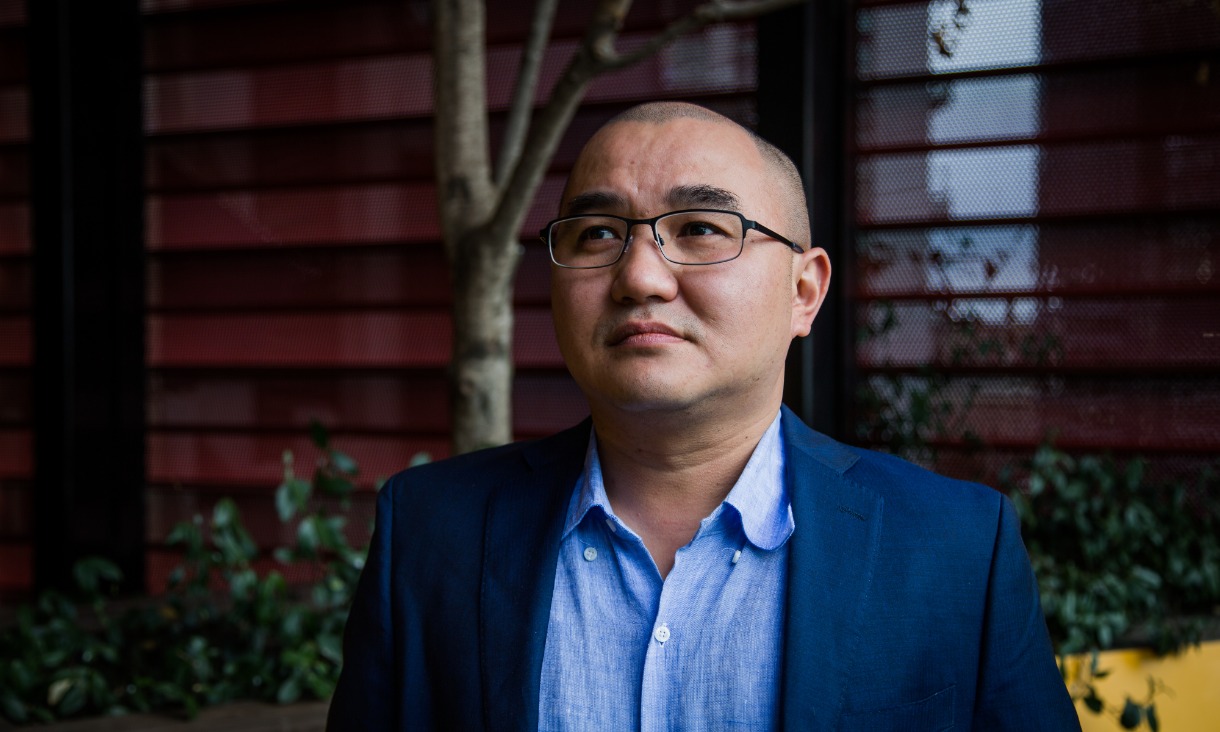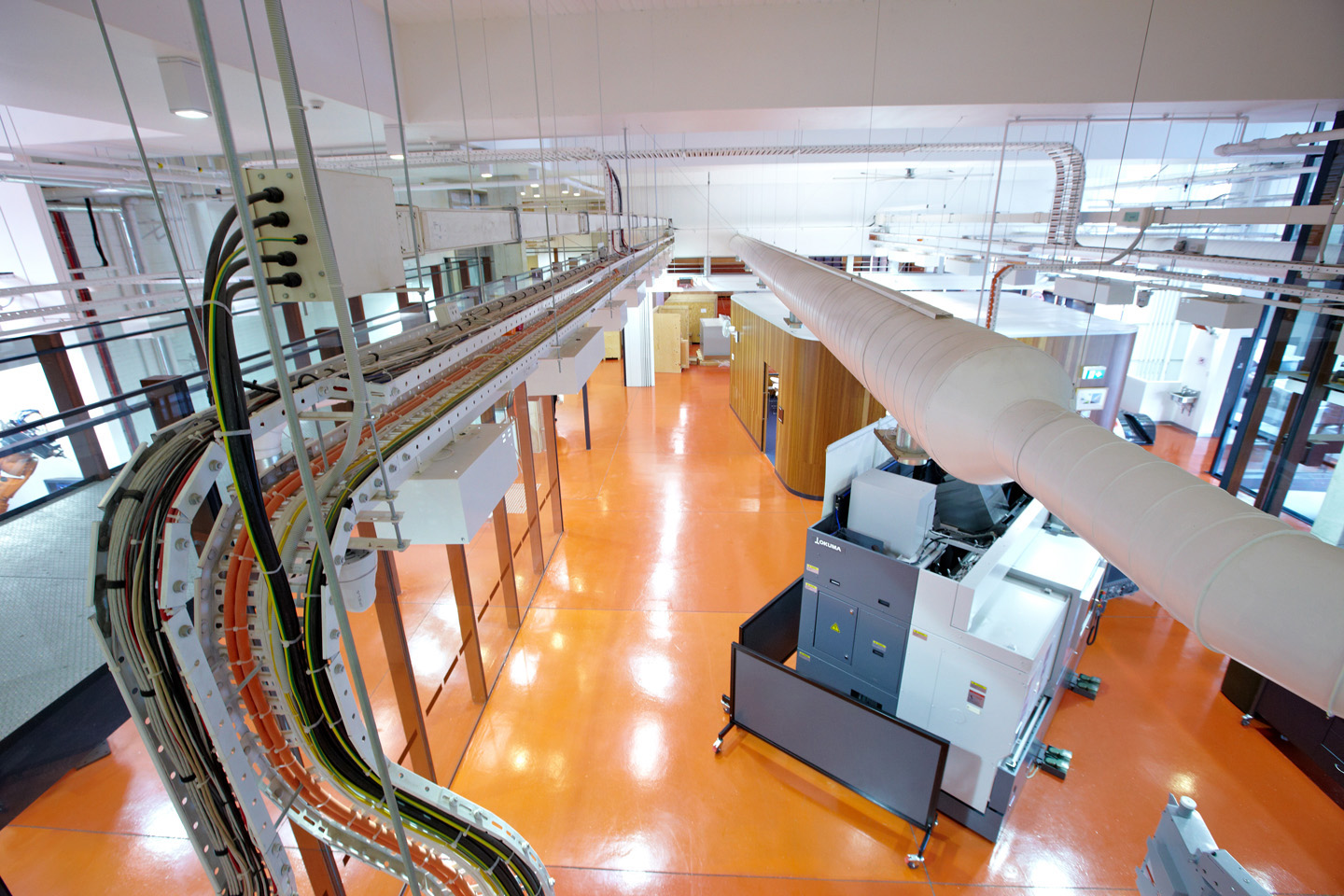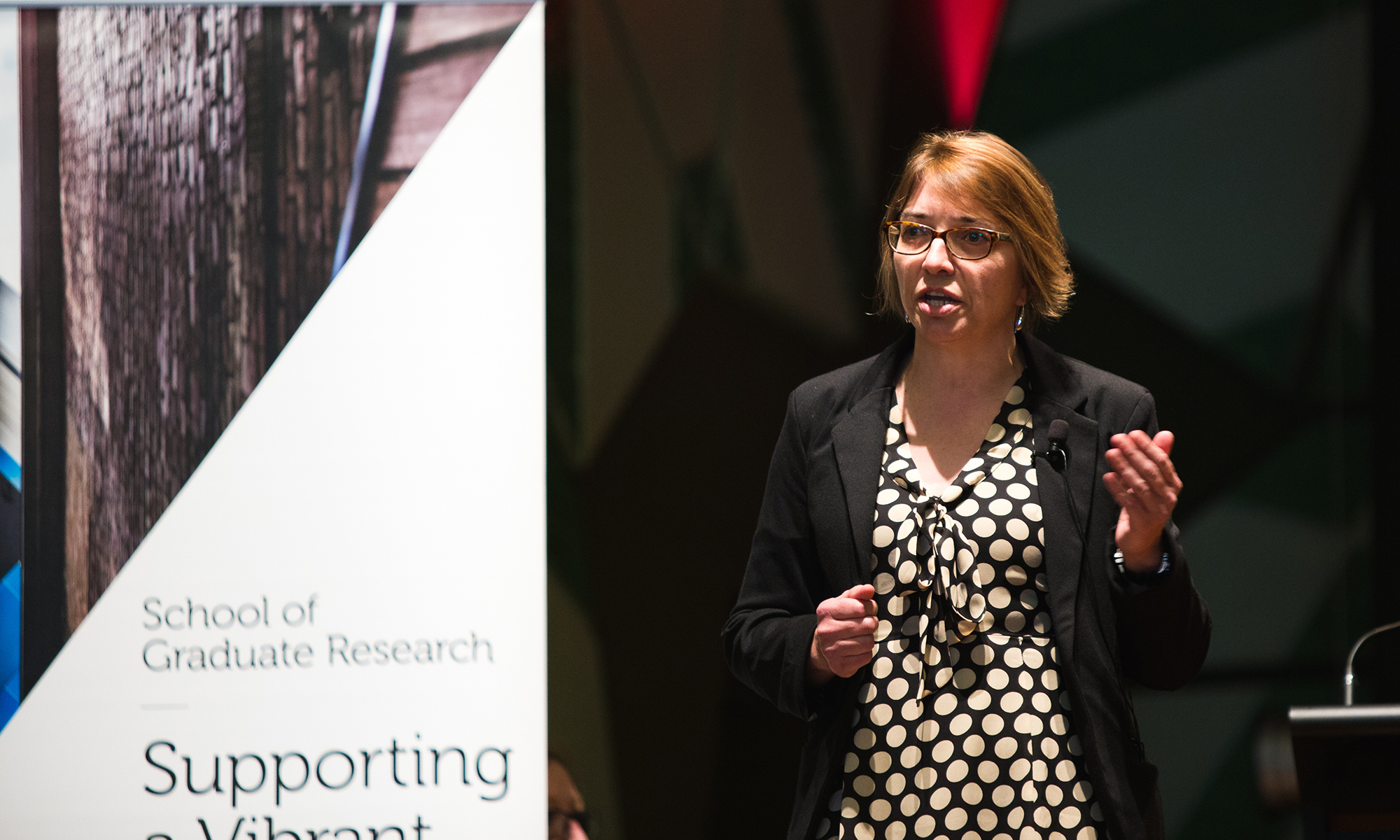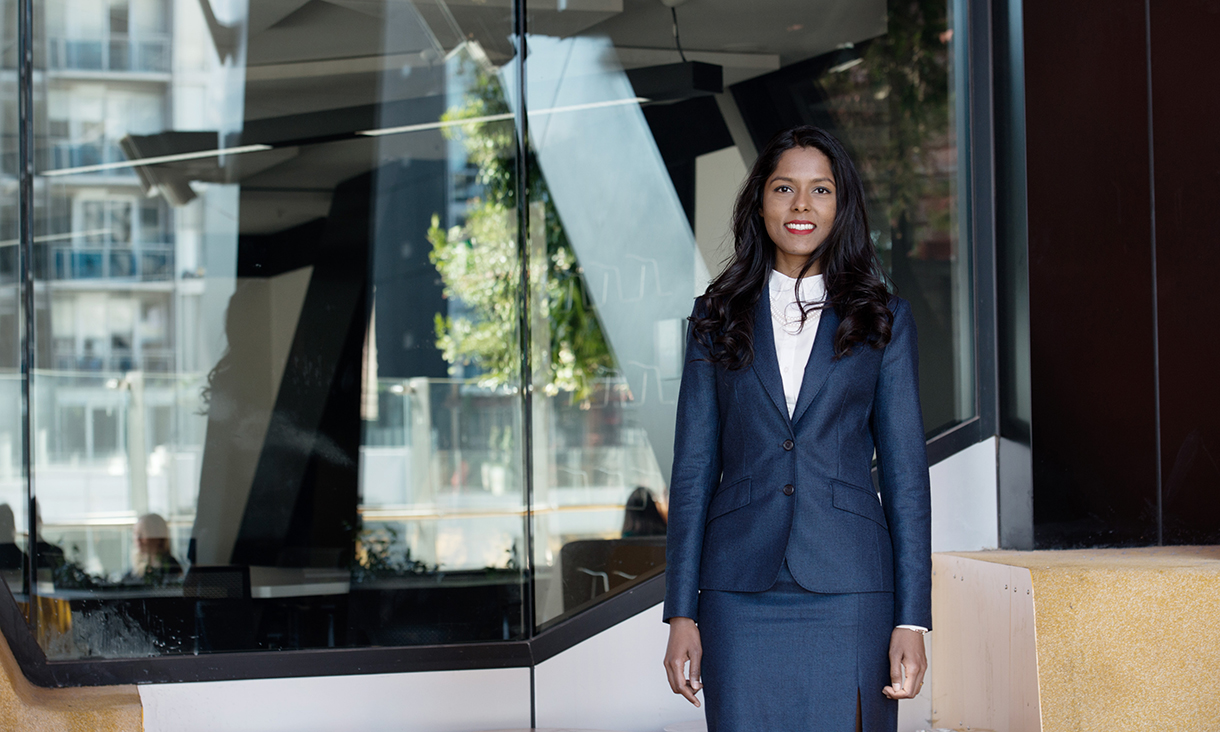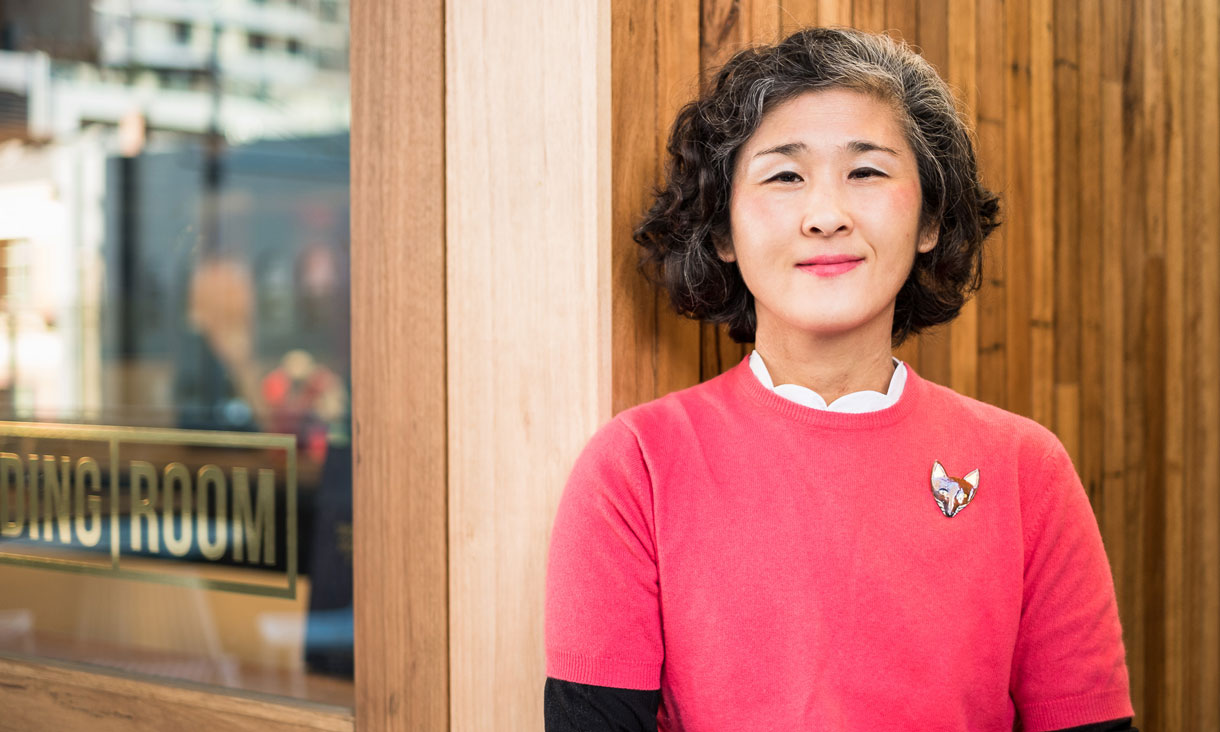Dr Trau, who lectures in the School of Management and is a member of RMIT’s Centre for People, Organisation and Work, said the report also identified six blockers to inclusive culture that enabled real choices about being out at work and practical ways organisations could overcome them.
The advice included:
- Making LGBTIQ+ staff visible in the workplace, but not too visible.
- Understanding the diversity of LGBTIQ+ people.
- Having the courage to call out harassment.
- Using ‘words that worked’ and were inclusive.
- Disrupting assumptions around the LGBTIQ+ community.
- Creating a sense of togetherness through genuine partnerships between LGBTIQ+ staff and their non-LGBTIQ+ allies.
Diversity Council of Australia CEO Lisa Annese said genuine workplace inclusion was still eluding LGBTIQ+ employees.
Annese said, for many Australians the 2017 marriage equality vote was their chance to have their say on an issue in the public domain, but the issue was deeply personal for the LGBTIQ+ community whose lives and relationships were in the national spotlight.
“Despite last year’s victory on marriage equality, a large proportion of LGBTIQ+ employees are still not comfortable being themselves at work. And yet hiding who they are can be costly not only to their own wellbeing, but also to the organisations they work for and the broader Australian economy,” she said.
“This report comprehensively quantifies the business case for creating LGBTIQ+ inclusive workplaces in Australia.
“I urge employers to take a good look at what they can do to take advantage of the benefits; not only for their LGBTIQ+ employees, but for their organisation as a whole.”
The Diversity Council of Australia is an independent not-for-profit peak body leading diversity and inclusion in the workplace.
Listen to Dr Raymond Trau talk about the research findings here.
Story: Amelia Harris


